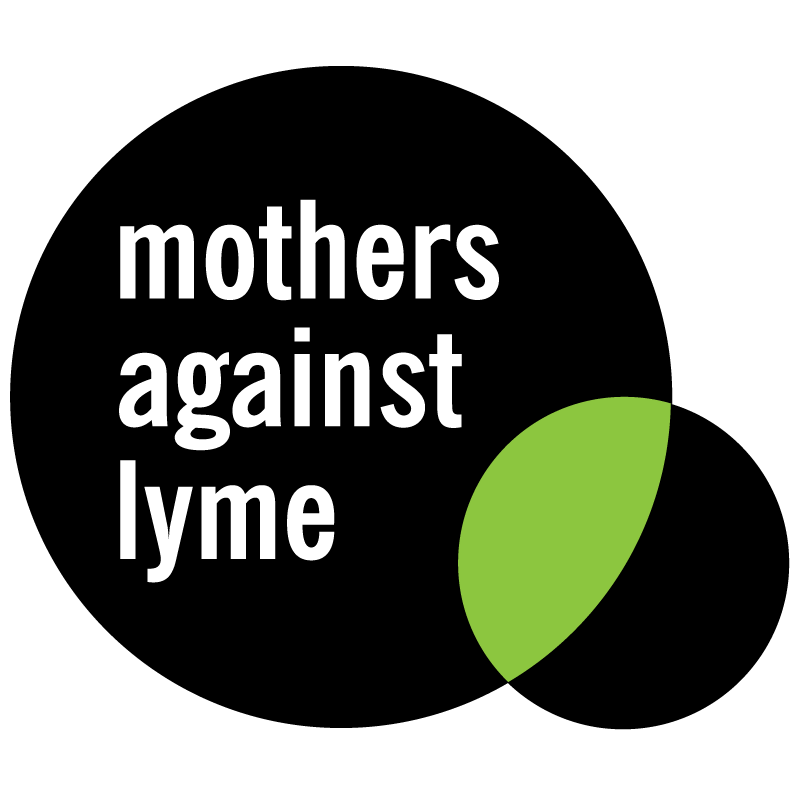Advocates call on IDSA to retract false information on congenital Lyme

Mothers Against Lyme, a group of advocates concerned about the impact of Lyme disease and its co-infections on pregnant women, children and families, is calling for retraction of a statement in the Infectious Diseases Society of America (IDSA), American Academy of Neurology (AAN), American College of Rheumatology (ACR) 2020 Clinical Practice Guidelines for the Prevention, Diagnosis and Treatment of Lyme Disease that contributes to misdiagnosis and harm to pregnant women and children who are congenitally infected.
On October 20, Mothers Against Lyme sent a retraction request letter to the editors of the journals that published the guidelines and the leadership of the sponsoring organizations. Copies were sent to the clinical practice guidelines committees of the sponsoring organizations and the co-authors of the guidelines. The guidelines were published in Clinical Infectious Diseases, Neurology, Arthritis Care & Research, and Arthritis & Rheumatology.
Page e12 of the guidelines “Treatment of Lyme Disease” section states:
“To date, Lyme disease in pregnancy has not been found to result in congenital infection or a syndrome of congenital abnormalities, and no additional treatment or monitoring of the mother or infant is recommended beyond the standard of care.”
According to the letter, the statement “To date, Lyme disease in pregnancy has not been found to result in congenital infection” is not true.
40 peer-reviewed articles
The letter cites more than 40 peer-reviewed articles, including a systematic review co-authored by a CDC epidemiologist, that provide evidence of congenital infection with Lyme disease.
The letter also cites studies and review articles that show adverse birth outcomes are common for both treated and untreated pregnant women with Lyme disease.
Adverse outcomes include fetal death, newborn death, and newborns with an abnormal outcome (e.g. birth defects, hyperbilirubinemia, respiratory distress).
According to Mothers Against Lyme Chair Isabel Rose, “Correction of this error is vital and warrants an expedited review and notice of correction. The potential harm to mothers, children, and families from the inaccurate information in the IDSA, AAN, ACR Guidelines is significant. Providers who rely on the guidelines will fail to diagnose and treat Lyme disease in pregnancy and fail to recognize the offspring of women with Lyme disease as infants and children at risk. Countless tragic births and fetal losses will result, with a lifetime of harm to the children and their families.”
Authors contradict their own work
The letter also cites eight articles co-authored by IDSA, AAN, ACR Guidelines authors that “clearly contradict what they’ve written in the guidelines, and which address the issue of intrauterine transmission and fetal abnormalities head-on.”
Following are examples.
Clinical pathologic correlations of Lyme disease by stage
Duray PH, Steere AC, Annals of the New York Academy of Sciences, Vol 539:65-79, 1988
“It is clear that B. burgdorferi can be transmitted in the blood of infected pregnant women across the placenta into the fetus. This has now been documented with resultant congenital infections and fetal demise.”
Treatment of Borrelia burgdorferi infection
Gary P. Wormser. Laboratory Medicine, Volume 21, Issue 5, 1 May 1990, Pages 316-321
“The precise risk to the developing fetus of maternal Lyme disease during pregnancy is unknown, although it is well documented that fetal infection can occur and may have deleterious outcomes, including malformations and death.”
A perspective on the treatment of Lyme borreliosis
Luft BJ, Gorevic PD, Halperin JJ, Volkman DJ, Dattwyler RJ. Rev Infect Dis. 1989 Sep-Oct;11
“The aim of treatment of early Lyme disease during pregnancy is not only to treat the infection and prevent long-term sequelae but to eliminate the infection as quickly as possible so as to prevent congenital transmission to the fetus.”
Ignoring their own research
According to Rose, “It is disheartening and alarming that the authors of medical guidelines that direct the care of pregnant women with Lyme disease are ignoring their own research to put forward guidelines based on ‘expert opinion’ rather than their own discoveries. Their own work conclusively proves that perinatal transmission of B. burgdorferi during pregnancy does occur and may have dire consequences for the pregnant mother and her fetus.”
The IDSA, AAN, ACR Guidelines say that “no additional treatment or monitoring of the mother or infant is recommended beyond the standard of care.”
Instead of denying the existence of congenital Lyme, the letter says “the Guidelines should acknowledge that Lyme bacteria can cross the placenta, both infecting and causing harm to unborn children, and describe the manifestations of Lyme in pregnancy that the research has uncovered and advise screening and treatment according to the knowledge we have to date.”
Research funding
Rose points out that researchers who depend on the IDSA, AAN, ACR Guidelines for information will be less likely to submit grant applications for much needed research if they rely on the statement that congenital Lyme disease does not exist.
She notes that this is especially important since more than $29 million in new annual funding for NIH has been appropriated that could support this type of research. NIH has also issued several notices of special interest to encourage research on Lyme and other tick-borne diseases. A recent notice includes a section that calls for research on “gestational Lyme disease” and the impact on pregnancy on immune response.
Rose says, “Correcting this error does not undo the harm. In addition to making this correction in a timely manner, the sponsoring organizations should encourage their members to conduct research on congenital Lyme that will improve health outcomes for pregnant women with Lyme disease and children who are congenitally infected.”
About Mothers Against Lyme
We’re a group of mothers and mother-advocates who are concerned about the impact of Lyme disease and its co-infections on pregnant women, children and families. Our focus includes awareness, education, advocacy and community building, as we promote research that advances diagnosis, treatment and prevention.
SOURCE OF PRESS RELEASE: Mothers Against Lyme




















We invite you to comment on our Facebook page.
Visit LymeDisease.org Facebook Page